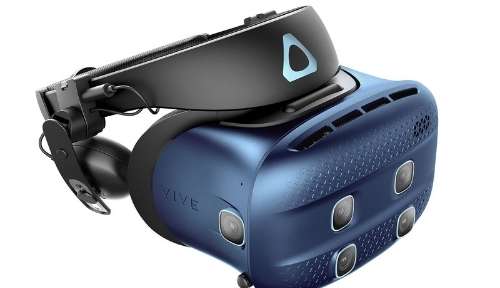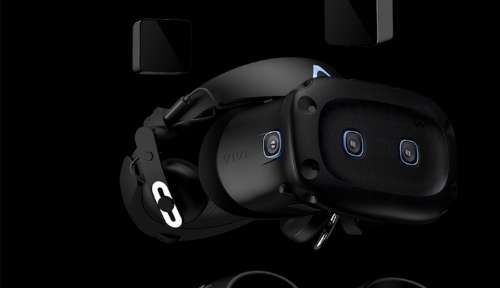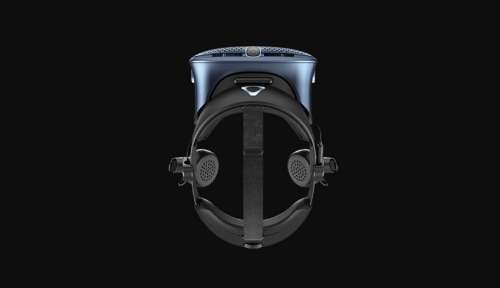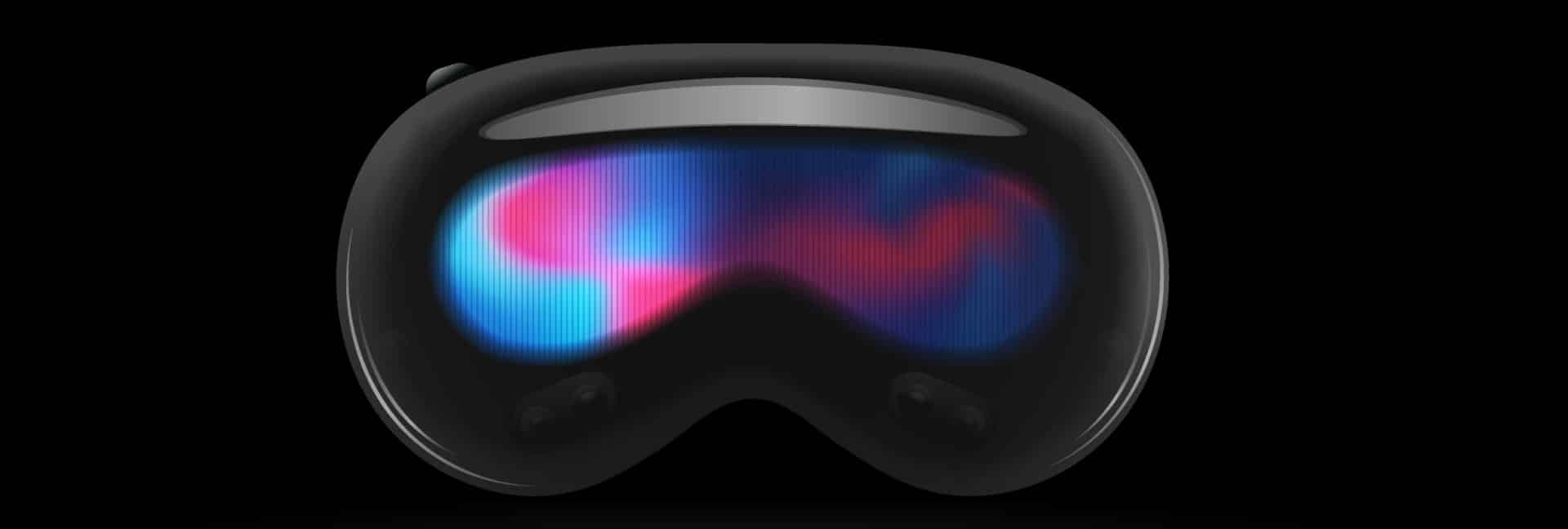Meta is taking a giant leap and is set to rebrand its Quest software platform to Meta Horizon OS. This new name coincides with news that could change the future of mixed reality. The rebranded software will now be available to third-party headset makers.
The Meta Quest range of headsets will retain its existing name, but this change of approach will mean people who use other headsets can enjoy the same apps and experiences as those who own Quests. Meta is set to continue developing and manufacturing new Quest headsets,
Any headset that uses the rebranded platform will include a “Built with Meta Horizon OS” sticker on the box. Headsets which run Meta Horizon OS will feature the same services and core software as any of the Meta Quest headsets. This includes access to the app store and Meta’s mixed reality and tracking technologies.
The rebranding also extends to the Meta Quest Store, which will now be known as the Meta Horizon Store. Users will need a Meta account to use the Meta Horizon Stores and other features.
Let’s look at this news in more detail and find out which headsets will feature the rebranded software platform.
How Will Meta Horizon OS Be Used?
As with any big Meta-related announcement, CEO Mark Zuckerberg has shared his hopes for Meta Horizon OS. He imagines third-party Meta Horizon OS headsets will be optimised for specific use cases, like:
- Headsets that pair with a computer to enhance working experiences
- Immersive entertainment devices to watch movies on high-resolution OLED screens
- Fully optimised gaming headsets with a large range of peripheral support
- Lightweight headsets tailored for use during exercise
Who Will Launch Meta Horizon OS-Powered Headsets?
So far, two companies have announced they are working on headsets which will run Meta Horizon OS. These are ASUS and Lenovo.
ASUS intends to produce a gaming headset under the Republic of Gamers (ROG) brand name. Lenovo’s headset will have more varied uses, including productivity, learning, and entertainment.
Microsoft and Meta have recently partnered to bring Xbox Cloud Gaming to the Meta Quest. This allows users to play their favourite Xbox titles on a large 2D virtual screen within mixed reality. The two companies are now working on an Xbox inspired Meta Quest which will run on Meta Horizon OS.
Back in February, Meta and LG made an announcement that they would work together on “next-gen device development”. At the time, it was assumed that this partnership could relate to the production of a follow-up to the Meta Quest Pro. Now, given this rebranding news, it could mean LG is developing its own headset that will use Meta Horizon OS.
Palmer Luckey’s View On Meta Horizon OS
Meta’s announcement has sparked considerable discussion across the XR industry, and Palmer Luckey, the founder of Oculus, has commented on the news.
After starting Oculus and selling it to Zuckaberg, Palmer Luckey had been an influential figure in mixed reality, until he was pushed out of Facebook for his political views. Luckey currently works in military defense technology, but still contributes to the XR conversation.
In light of Meta’s announcement, Luckey has now said that the concept of opening up the platform for use on third-party devices was always the Oculus’ plan. However, “Facebook would later pivot Oculus hard away from it.”
Back in 2014, Oculus’ then CEO, Brendan Iribe commented “if we do want to get a billion people on virtual reality, which is our goal, we’re not going to sell 1 billion pairs of glasses ourselves. We are openly talking to any kind of partner that wants to jump into VR, and there’s a lot of interest right now.”
In 2015, the Samsung Gear VR became the first headset to run an Oculus platform. Although the headset itself was a shell to accommodate a Samsung Phone, the VR experience was created by Oculus software installed on the device. Various Gear VR models were released, but the device never achieved the market goals Samsung had hoped, and it was eventually discontinued.
Luckey has said that he always believed Oculus should build a platform to support every headset, regardless of whether they were competitors. In his recent comments, he also said “hopefully it isn’t too late”.
Google Wanted Meta to Abandon the Quest Platform
Google is currently developing a new Android XR platform. The new mixed reality operating system will feature on the upcoming Samsung headset. The news around the Meta Horizon OS comes two months after the revelation that Google had tried to persuade Meta to drop the Quest platform and move over to Android XR.
Of course, Google will want Android XR to feature on the headsets made by many other major tech companies. Now, it appears that Meta is getting a step ahead of Google by approaching companies that would ordinarily use Android. Lenovo had previously partnered on a VR project with Google in 2018.
The rift between Google and Meta has made news for other reasons recently. Meta has requested that Google Play Store apps be made available on the Quest platform. Now, with Google making another attempt at entering the mixed reality market, Meta has got in early to provide stiff competition.
In previous tech struggles, the playing field has always been divided between Apple’s closed system and one open platform. This was true for computing and mobile devices, and there’s a strong chance it will go the same way for mixed reality. The question is will Google or Meta win?







